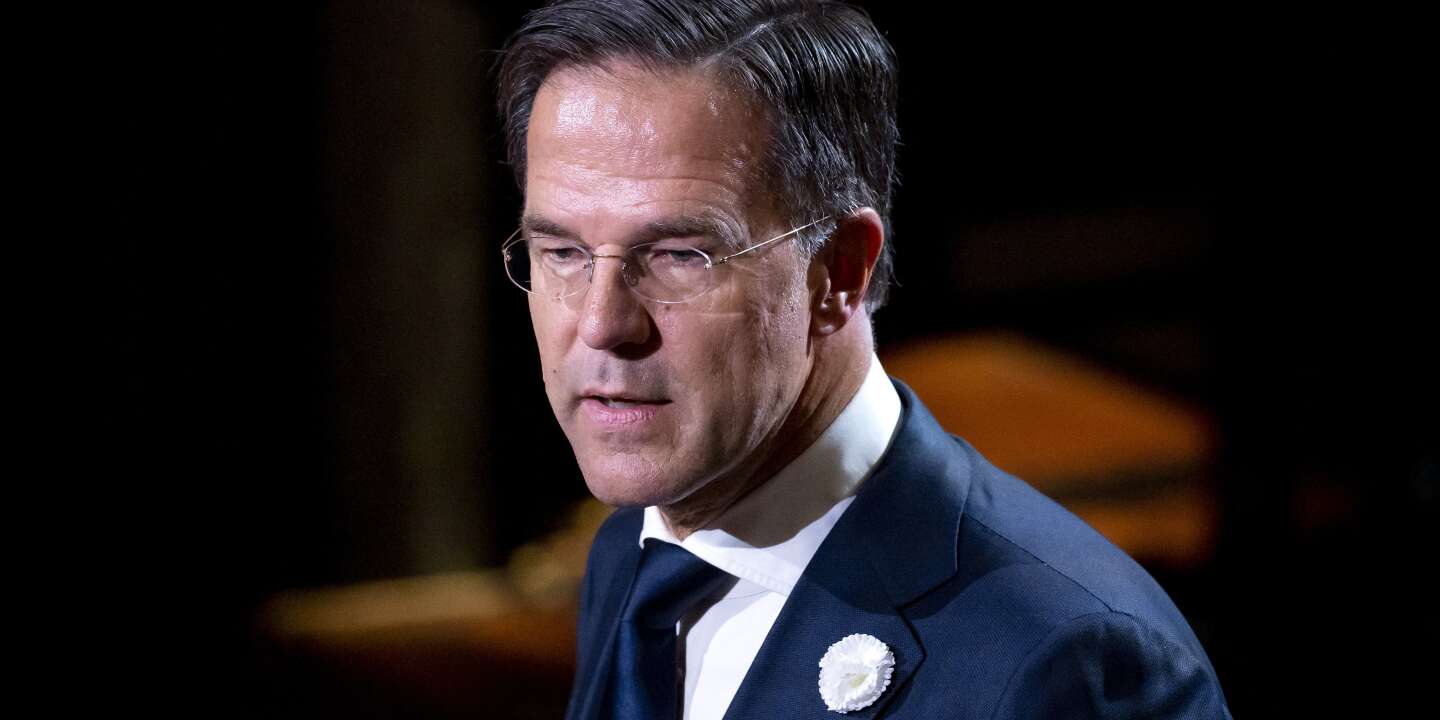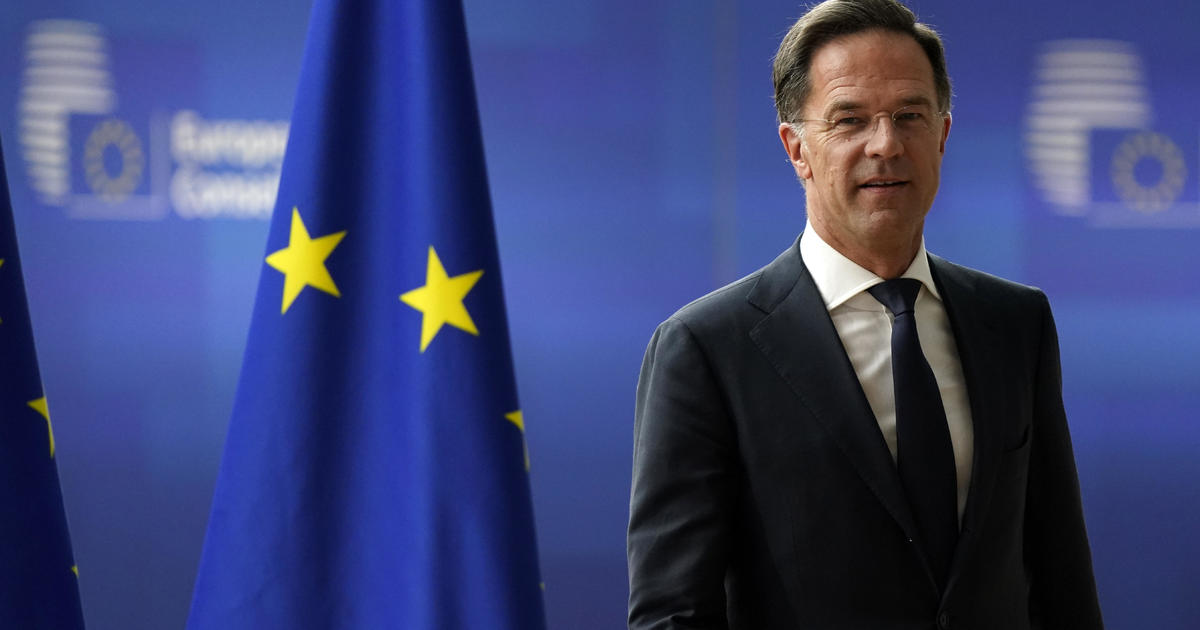The Dutch government collapsed on Friday after coalition parties failed to reach an agreement on migration policy, highlighting the ongoing divisions across Europe over asylum seekers.
Prime Minister Mark Rutte, who has led his fourth cabinet and is one of Europe’s longest-serving leaders, announced that he would resign and submit his resignation to the king.
In a statement from The Hague, Mr. Rutte said, “It is no secret that the coalition partners have very different views on migration policy. And today, unfortunately, we have to draw the conclusion that those differences are irreconcilable.”
The government’s disintegration will prompt new general elections in the fall, with a caretaker government led by Mr. Rutte remaining in place until then.
For months, coalition parties struggled to agree on migration issues, debating family reunification terms and whether to establish two categories of asylum: one temporary for those fleeing conflicts and another permanent for those fleeing persecution.
Dutch news sources reported that Mr. Rutte had proposed restricting entry for the children of war refugees already in the Netherlands and delaying family reunifications by at least two years. Mr. Rutte has denied these claims, according to the Dutch broadcaster NOS.
Ongoing disagreements over migration policy continued to fracture the Dutch government, which already has stricter immigration policies than some other EU nations.
Recently, two coalition parties, the Christian Union and the centrist D66, found themselves unable to reconcile their positions with Mr. Rutte’s party, leading to the government crisis.
The Christian Union party emphasized the importance of keeping families together, stating, “One of the values that are important with the proposals is that children grow up with their parents.
As a family party, that is what we stand for.” The party expressed a commitment to working “heart and soul for a humane and effective migration policy.
Migration remains a contentious issue across Europe, fueling the rise of nationalist and right-wing parties and drawing criticism from human rights activists over how governments handle migrants.
Last year, Dutch aid agencies struggled to support hundreds of asylum seekers living in a makeshift camp outside an overcrowded reception center under dire conditions.

In 2023, more than 21,000 people from outside the EU sought asylum in the Netherlands, with over 400,000 people immigrating to the country, according to Dutch government figures.
This influx has exacerbated housing shortages in the Netherlands, which has a population of over 17 million.
The ruling parties of the Dutch government had been meeting frequently to try to find common ground, and Mr. Rutte’s cabinet convened for talks late Friday.
Defense Minister Kajsa Ollongren said, “We talked for a long time, we are coming here tonight because we did not succeed.”
Finance Minister Sigrid Kaag, a member of the D66 party, added, “Everybody wants to find a good, effective solution that also does justice to the fact that this is about human lives.”
Over the past decade, the EU has seen a rise in far-right parties opposing immigration, which has influenced mainstream parties to adopt more restrictive stances.
In June, Spain’s far-right Vox party performed better than anticipated in regional elections, and last fall, the Sweden Democrats, with neo-Nazi origins, became the second largest party in Sweden’s Parliament.
In France, far-right leader Marine Le Pen, known for her anti-immigration stance, reached the final round of the presidential election last year.
In Hungary, Prime Minister Viktor Orban has maintained power by opposing immigration. Italy elected a hard-right coalition led by Giorgia Meloni, who has been critical of immigration and the EU.
Mr. Rutte had supported EU efforts to limit migration, including a visit to Tunisia last month with Ms. Meloni and EU leader Ursula von der Leyen.
They announced that the EU would provide 100 million euros (about $109 million) to Tunisia for border management, search-and-rescue, and anti-smuggling efforts.
Mr. Rutte’s previous cabinet resignation occurred in 2021 due to a report on systemic failures by his government in protecting families from overzealous tax inspectors.
He managed to return as the Netherlands’ leader after nine months of negotiations that December.







Leave a Reply